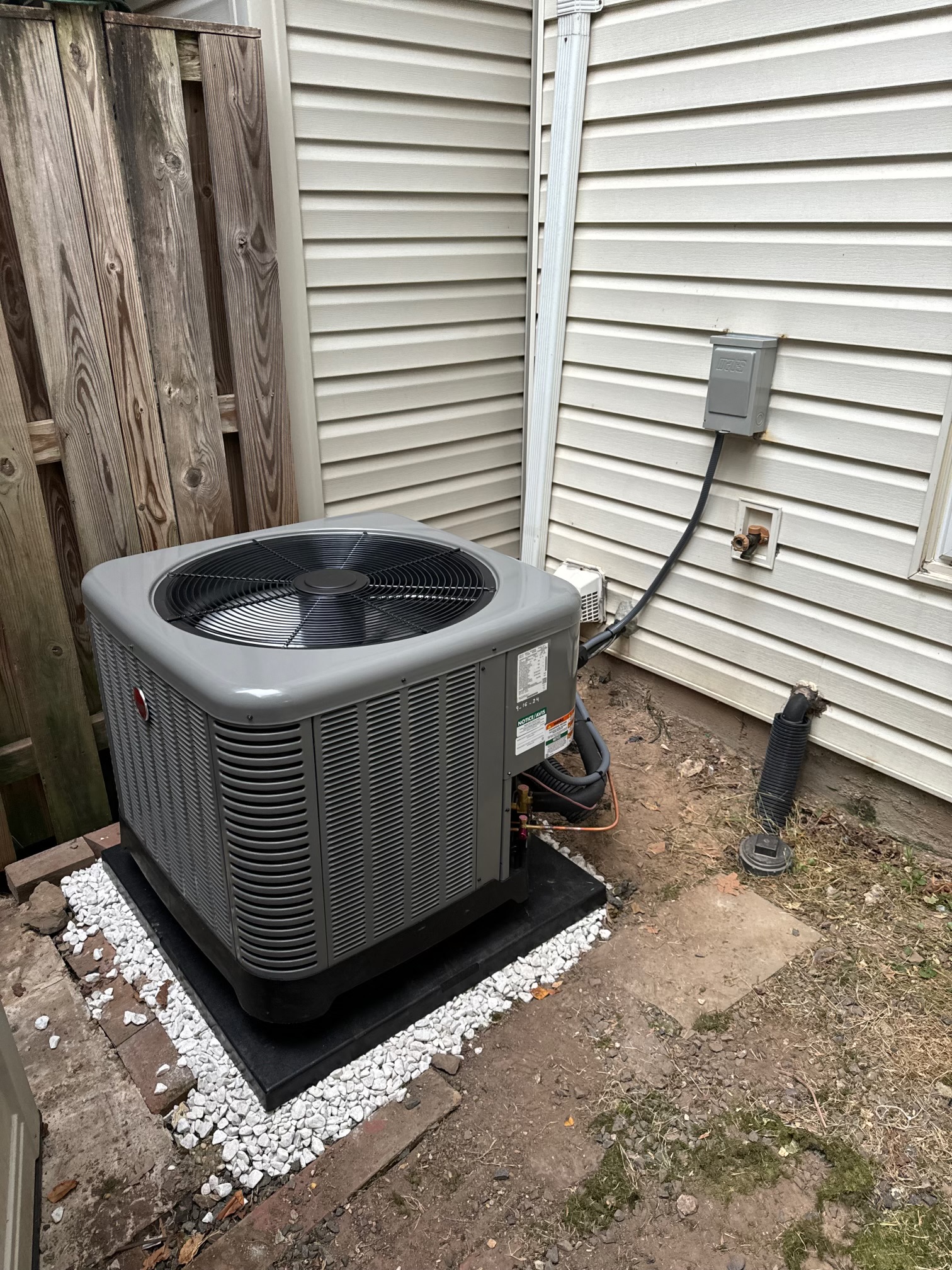How Do You Know When It’s Time to Replace Your AC Unit?

As temperatures rise and summer heat settles in, your air conditioning unit becomes your best friend. But like all good things, your AC has a lifespan, and knowing when it’s time to replace it can save you from unexpected breakdowns and discomfort. Here are some key signs that indicate it might be time to invest in a new air conditioning system.
1. Age Matters
Most air conditioning units have a lifespan of about 10 to 15 years. If your unit is nearing this age, it’s wise to start considering a replacement. Even if it seems to be functioning well, older units may be less efficient and could start causing issues sooner than you think.
2. Rising Energy Bills
Have you noticed a significant increase in your energy bills? Older air conditioning units often lose efficiency over time. If your system is working harder to cool your home, it will consume more energy, resulting in higher utility costs. If your bills keep climbing despite regular maintenance, it could be a sign that your unit is on its last legs.
3. Frequent Repairs
If you find yourself calling for repairs more often, it may be time to consider a replacement. Frequent breakdowns not only add to your expenses but can also disrupt your comfort. A good rule of thumb is the “50% rule”: if the cost of repairs is more than 50% of the cost of a new unit, it’s generally better to replace it.
4. Inconsistent Temperatures
Are some rooms in your home noticeably warmer or cooler than others? This inconsistency could indicate that your AC unit is struggling to distribute cool air evenly. Ductwork issues, refrigerant leaks, or an aging compressor can all contribute to these temperature discrepancies, making replacement a more viable option.
5. Strange Noises and Smells
Unusual sounds such as banging, hissing, or grinding can indicate mechanical problems. Similarly, musty or burnt smells might suggest issues with wiring or mold buildup in the unit. If you notice any of these signs, it’s important to consult a professional. If repairs don’t solve the issue, replacement may be necessary.
6. Humidity Issues
Your air conditioner should effectively control indoor humidity levels. If your home feels sticky or damp despite running the AC, it might be time for a new unit. Inefficient cooling can lead to increased humidity, which can create discomfort and contribute to mold growth.
7. Refrigerant Leaks
If you notice puddles of liquid near your AC unit or if the refrigerant is low, it could mean your system is leaking. This not only affects cooling efficiency but can also lead to environmental hazards. Replacing an old unit with a new, more efficient model is often the best way to resolve this issue.
Conclusion
Deciding to replace your AC unit can feel overwhelming, but recognizing the signs can help you make an informed choice. If you’re experiencing any of these issues, it might be time to consult a professional HVAC technician. They can provide a thorough assessment and guide you toward a replacement that fits your home’s needs and your budget. Investing in a new air conditioning unit can lead to improved efficiency, lower energy bills, and, most importantly, a more comfortable living environment during those hot summer months. Don’t wait until it’s too late—stay cool and comfortable by staying ahead of your AC needs!
